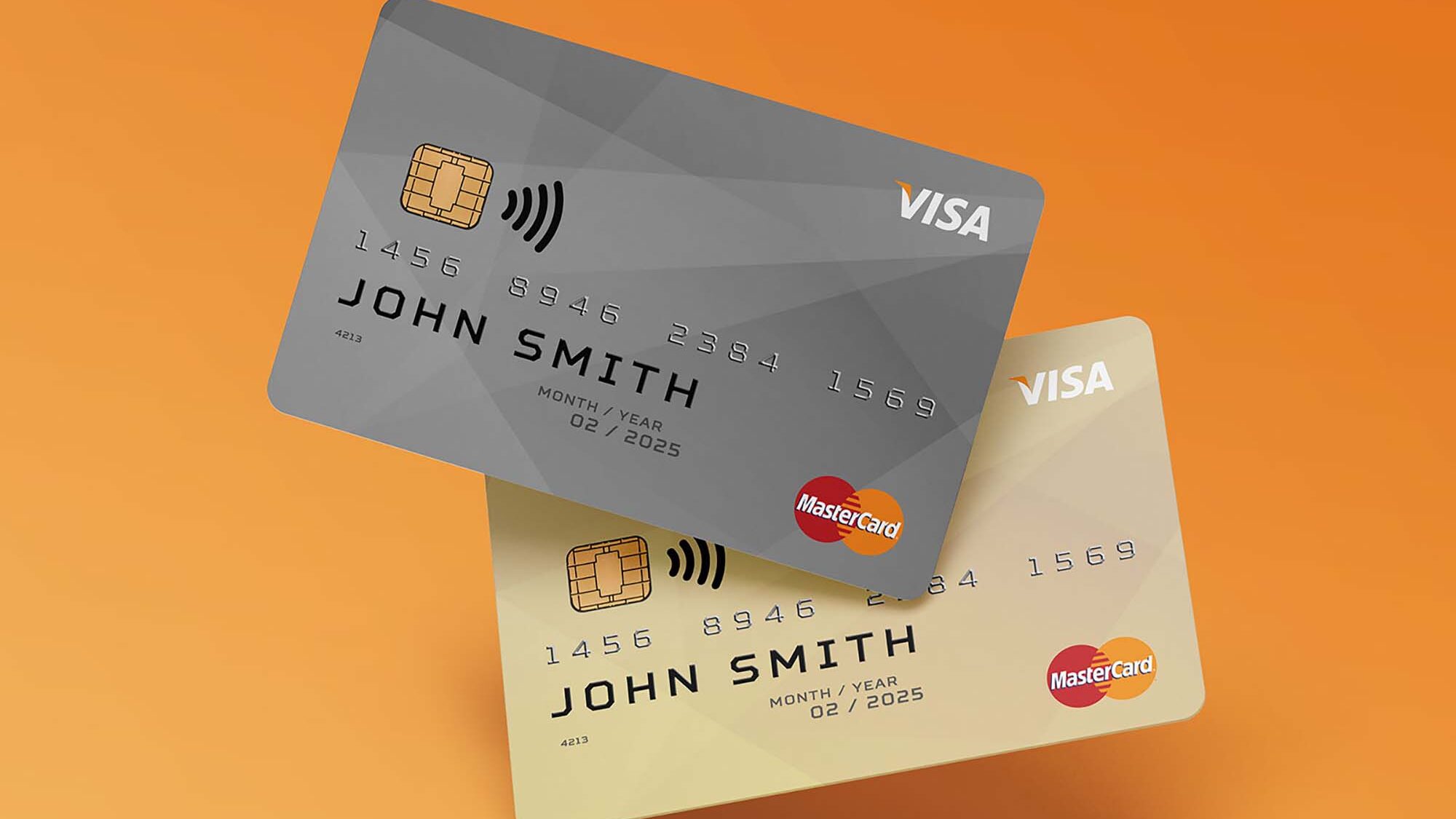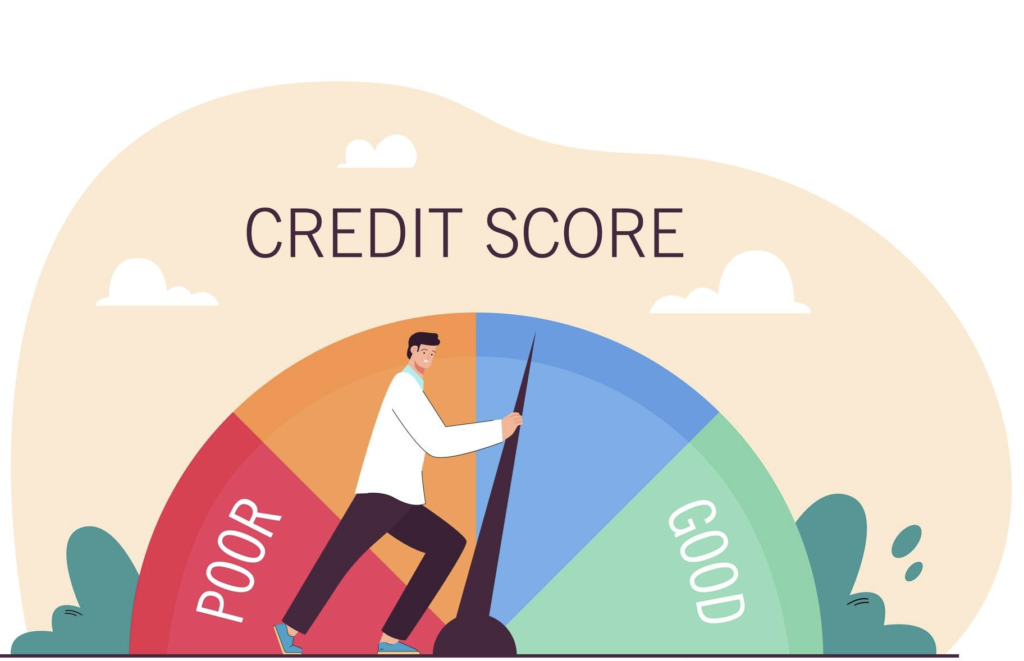Navigating the world of personal finance can be daunting, especially when it comes to credit cards. But worry not; we have done the homework for you. In this post, we are focusing on the top credit cards for beginners, those who are just venturing into this realm.
Understanding The Basics of Credit Cards
Credit cards serve as a tool for financial empowerment, offering more than just a simple method of payment. They essentially function as a short-term loan from your credit card company, under the agreement that you will pay back what you’ve spent. However, they’re not interest-free loans. The balance spent on the card must be fully repaid within the set grace period to avoid interest charges. It’s crucial to note that simply paying the minimum balance doesn’t absolve you of interest charges. Interest will still accrue on any remaining balance left unpaid. Credit cards offer a convenience and flexibility, but they should be used responsibly to avoid costly debt.
What to Look for In Beginner Credit Cards

When selecting a credit card as a beginner, there are several factors to consider. Beginner-friendly credit cards often feature minimal fees and a lower interest rate, which can make them easier to manage and less costly if you carry a balance. Look for a card with no annual fee and a low APR (Annual Percentage Rate), which is the interest rate you’ll be charged if you do not pay your balance in full each month.
A lot of credit cards offer additional perks, such as cash back, points, or even travel rewards. As a beginner, though, your primary goal should be building a good credit history. Therefore, it’s paramount to find a card that reports to all three credit bureaus (Experian, Equifax, and TransUnion) to ensure your timely payments are properly recorded and positively impact your credit score.
Remember, while these extras can add value, they shouldn’t distract from the main goal: using the credit card responsibly to build credit. Choose a card with features that align with your financial habits and goals. A card that fits your needs will make it easier to manage your payments and keep your spending in check.
Top Credit Cards for Beginners
Starting your credit journey, the Capital One QuicksilverOne Cash Rewards Credit Card can be a great choice. With a flat rate of 1.5% cash back on all purchases, the rewards potential is limitless. Additionally, responsible use of the card can lead to an increase in your credit limit after just five months of on-time payments.
Alternatively, the Discover it® Secured Credit Card is another strong contender. It’s particularly beneficial for those who frequently dine out or fill up their gas tanks, offering a rewarding 2% cash back in these categories. The card also provides 1% cash back on all other purchases. A standout feature of this card is the cash back match at the end of your first year, essentially doubling your rewards.
Both cards offer distinct advantages for beginners. Ultimately, it’s about selecting a card that aligns with your spending habits and allows for manageable repayment. Always remember, the main objective of these beginner cards is to help you establish a strong credit history. So, focus on using these cards responsibly and making timely payments.
Importance of Building a Good Credit Score

Having a favorable credit score is a pivotal aspect of your financial health. Essentially, it’s a numerical reflection of your reliability in terms of debt repayment. Lenders, landlords, and even potential employers often use this score to gauge your financial responsibility. A higher score signifies that you’re likely to repay your debts promptly, making you a safer bet for loans or credit extensions. This could open doors to lower interest rates on loans, saving you money in the long run. It can also increase your chances of being approved for an apartment rental or even make you a more appealing candidate for certain job positions. Therefore, it’s important to make a concerted effort to build and maintain a strong credit score. Regular, timely credit card payments and maintaining a low balance on your cards are two fundamental strategies for boosting your credit score. Remember, your financial behavior today directly impacts your creditworthiness tomorrow, so prioritize building a robust credit score.
Learning Responsible Credit Card Use
Possessing a credit card bestows upon you both power and responsibility. It is essential to exercise caution and discipline when using your credit card to prevent falling into a cycle of debt. Excessive spending, especially on items or services that exceed your ability to repay, can quickly escalate into unmanageable debt. It might be tempting to pay only the minimum due each month, but this practice can incur high interest charges over time. It is most beneficial to your financial health to pay off your full balance each month. This strategy not only helps you sidestep interest charges, but also positively contributes to your credit history. By responsibly managing your credit card use, you can reap the benefits while avoiding the pitfalls often associated with credit card debt. This disciplined approach sets the stage for long-term financial stability and improved creditworthiness. So, remember to treat your credit card as a tool, not a crutch, and maintain control over your spending habits.
The Next Steps After Your First Credit Card

Moving beyond your initial credit card experience opens up an array of possibilities. Diversifying your credit portfolio could be a smart move at this point. This could mean applying for a credit card that aligns more closely with your lifestyle. For instance, if you’re an avid traveler, a travel rewards card could provide additional value. Or, perhaps a card offering generous cash back on everyday purchases better suits your spending habits. This progression not only potentially provides additional perks but can also continue to strengthen your credit profile. However, always remember the importance of managing all of your credit responsibly, regardless of the number of cards you hold. Just as with your first credit card, making timely payments and keeping your balance low should remain a priority. As you continue your financial journey, keep in mind that credit cards should complement your fiscal strategies, not complicate them. So, carefully consider your options and the responsibilities associated with each before you decide to add another card to your wallet.
Conclusion: Finding the Best Credit Card for You
Selecting one of the top credit cards for beginners is a significant first step towards establishing a sound financial future. It’s crucial to consider your financial aspirations, habits, and the way you manage your payments when deciding on a card. This ensures you pick a card that not only meets your immediate requirements, but also sets the groundwork for a stable financial life. Credit cards, when used wisely, can serve as powerful financial tools, aiding in building credit and educating users on responsible spending habits. So, invest your time in comprehending the nuances of how they function. By doing this, you’ll be better equipped to utilize their potential effectively and responsibly. Choosing a beginner credit card is an important personal finance decision. It requires careful consideration and planning. The right card will provide a means to build credit, while also teaching invaluable lessons in financial responsibility.
